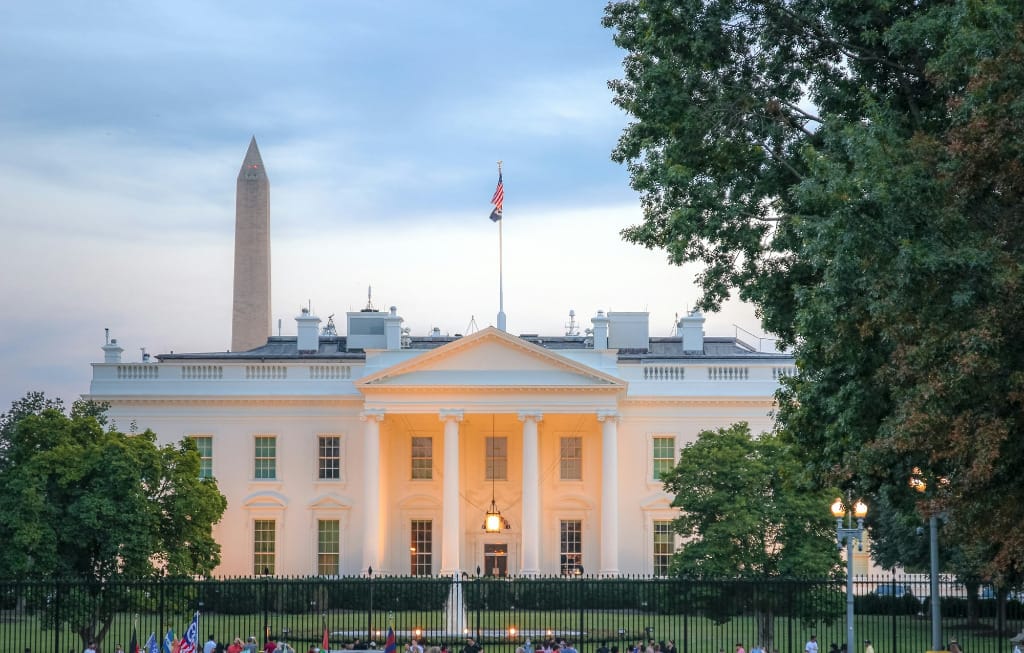
ACP
Sen. Peter Welch, D-Vermont, says: ‘I’m not giving up this fight.’

 Photo by Ana Lanza used with permission
Photo by Ana Lanza used with permission
WASHINGTON, May 31, 2024 – The boldest attempt yet by the federal government to close the digital divide is over.
The Affordable Connectivity Program, which helped connect 23 low-income American households to the Internet, officially ran out of money on Friday, an outcome many hoped not to see.
In 2021, Congress gave the ACP about $14.2 billion and although the program retained bipartisan support on Capitol Hill, lawmakers failed numerous times to find a compromise budget for the program, which provided the vast majority of recipients with $30 monthly Internet discounts.
“President Biden is once again calling on Congress to extend funding for the Affordable Connectivity Program, so tens of millions of Americans can continue to access this essential benefit,” the White House said in a press release today.
In the press release, the White House praised 15 Internet Service Providers that have volunteered to offer plans at $30 or less a month to low-income households through 2024.
On the White House list were: Allo Fiber, Altafiber, Hawaiian Telcom, Astound Broadband, AT&T, Comcast, Cox, IdeaTek, Mediacom, MLGC, Altice/Optimum, Charter/Spectrum, Starry, Verizon, and Vermont Telephone Co.
FCC Chairwoman Jessica Rosenworcel sent a letter to Congress saying she was standing by to help Congress craft an ACP extension. The letter was dated May 30 but made available today.
“Millions of ACP households nationwide, and households that may be eligible but have not yet enrolled, are looking to Congress to provide the funding needed to keep the ACP up and running,” Rosenworcel said in her letter to several House and Senate lawmakers who chair telecommunications policy and spending committees.
Rosenworcel also posted a message on the FCC website today stressing the benefits of the ACP.
“No effort has ever done more, faster to close our digital divide than the ACP,” she said.
A 2023 study by the Annenberg Research Network on International Communications found that 54.1 million U.S. households qualified for ACP support, an indication that the ACP had millions more households to serve.
Sen. Peter Welch, D-Vt., who co-sponsored a bipartisan bill to provide the ACP with $7 billion, said he would continue his effort to fund the ACP.
“A monthly rebate of $30 might not seem like much to some of my colleagues in Congress, but to many families it means being able to stay connected while putting food on the table. I’m not giving up this fight,” Welch said in a press release today.
Republican critics of the ACP claimed that the FCC mismanaged the program by refusing to limit support to households that did not have Internet access prior to the program. According to the FCC, about 22 percent of ACP enrollees got connected to the Internet for the first time.
Rosenworcel pushed back on critics by saying the law did not require a limitation to first-time Internet users and noted that 68 percent of ACP households had “inconsistent connectivity or zero connectivity before the ACP.”
The FCC’s Universal Service Fund’s Lifeline program provides eligible low-income households with a $9.25 monthly discount for broadband, far less the ACP’s $30 monthly stipend.
Rosenworcel said in her letter to Capitol Hill that the Lifeline program was an inadequate substitute for the ACP.
“Not all ACP households will qualify for Lifeline, and by statute, many ACP providers are not eligible to participate in the Lifeline program,” she said.

